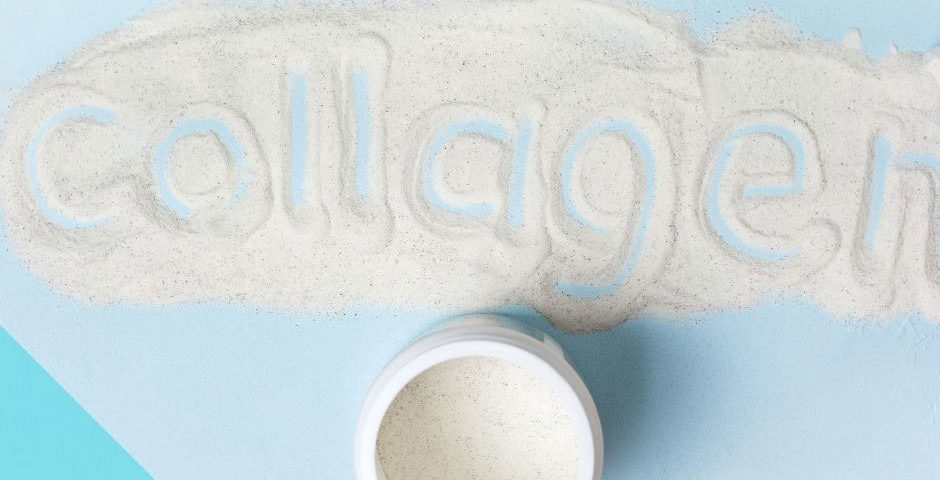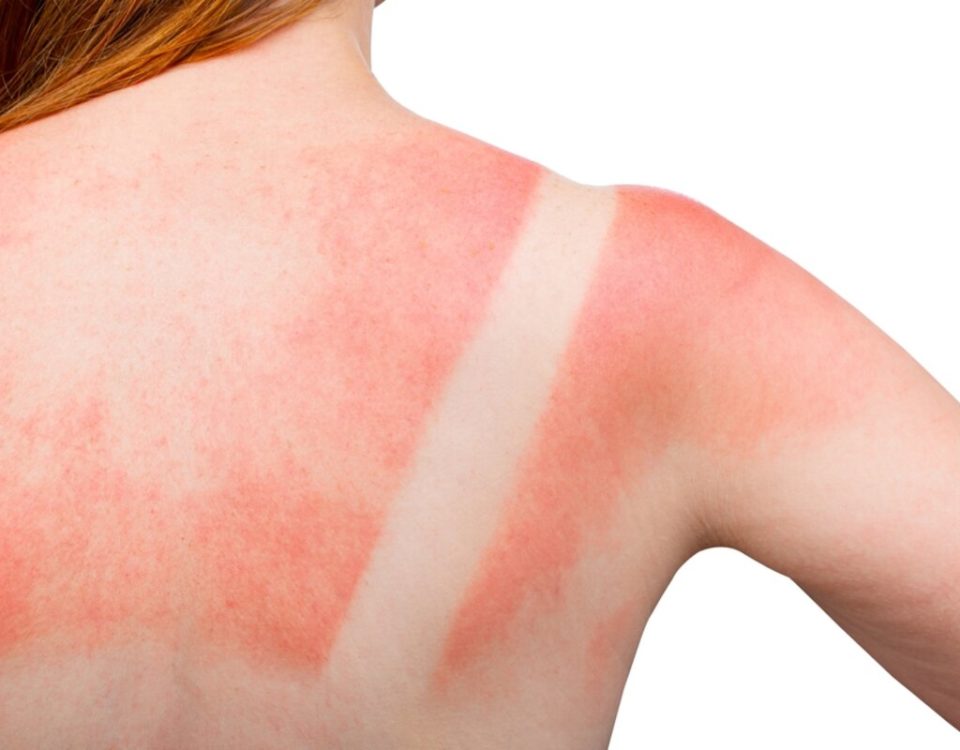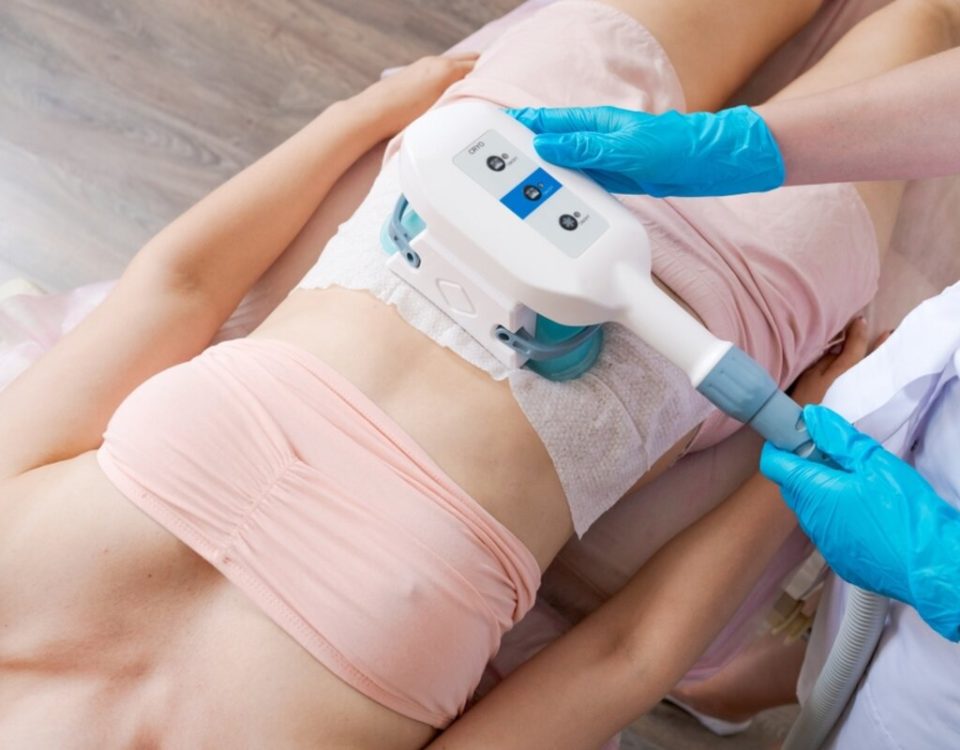
Stretch Mark Myths
August 9, 2019
Should I Try DermaSound?
September 17, 2019Did you know that collagen is the most common protein in the human body? And for a good reason. It plays a crucial role in the foundation of bones, muscles, tendons, ligaments, and skin. It holds you all together. It’s for this reason that it’s called collagen. The Greek word “kólla” means glue, which is where it got its name. You’ve heard the saying: “You are what you eat.” It’s true. And what you eat can play a significant role in your collagen production.
There are quite a few different types of collagen, 16 to be exact. However, four of them make up the majority of your collagen content, and only two of them contribute to your skin.
Type I collagen makes up around 90% of the total collage in your body. It is what provides the framework for your bones, tendons, cartilage, teeth, tissue, and skin.
Type IV collagen promotes filtration and is found in your skin.
While collagen is your most common protein, as we get older, the quality and quantity lessen. Our skin is typically the first indication that our collagen is dwindling. This is why collagen treatments have become so popular. However, there are steps you can take in your everyday life to improve collagen production and bring your skin back to its former glory. That’s right — it’s your diet.
What we eat has a massive impact on our collagen levels. Our skin ages, and that’s not something we can stop. But, we can slow it down by eating the right foods and avoiding the wrong ones. While you can certainly seek out supplements and treatments, which are effective — we would recommend starting with a shift in your diet. Not only is this a safe method for boosting collagen, but it’s also the healthiest.
Well, let’s not waste any more time. Here are some of the best foods for increasing collagen levels and promoting youthful, healthy skin.
Citrus Fruits
Ah, the delicious taste of an orange or grapefruit — is there any better way to start the day? Well, for your skin, the answer is no. Vitamin C is a big player in boosting collagen, as it preps the body for healthy production. So, keep some citrus in the fridge and munch away for more youthful skin.
Tropical Fruits
Another great source of vitamin C is tropical fruits. Be on the lookout for pineapples, mangos, kiwi, or even guava. Packed with vitamin C, these delicious fruits are a perfect way to promote collagen.
Berries
Continuing our vitamin C trend is berries. These are a great source of this helpful vitamin, plus, they are full of antioxidants that can add some extra defenses for your skin. We’d recommend blueberries, blackberries, and raspberries.
Egg Whites
Another food that preps your body for healthy collagen production is egg whites. These “future birds” are packed full of proline, which is an amino acid that contributes to collagen production.
Chicken
This one might surprise you, but a ton of collagen supplements come from our poultry friends: chicken. It sounds a little gross, but the tissue in chickens actually contains a huge source of dietary collagen.
Leafy Greens
It’s no secret that greens are a part of a healthy diet. However, did you know that they can be the necessary push for healthy collagen production? Greens like kale, chard, spinach, or other leafy salad greens have chlorophyll, which improves precursors to collagen production.
Cashews
These nuts are a great source of zinc and copper. So, if you’re in the mood for a light snack, grab some cashews as a way to boost collagen production and get some much-needed protein.
Bell Peppers
Another great source of vitamin C is bell peppers. Great additions to salads, sandwiches, or grilled goodies — these peppers also have incredible anti-inflammatory benefits as well.
Tomatoes
Tomatoes are packed to the brim with vitamin C. They are also a great source of lycopene, which is a powerful antioxidant that can do wonders for the health of your skin.
Ingredients To Look For
Look for foods that are high in vitamin C, if you didn’t get the hint from our list above. High-collagen animals are also a great way to boost collagen production. Protein-rich foods, in general, are good as well. Be on the lookout for zinc, copper, and other vitamin-rich foods that can keep your skin youthful and healthy.
What Foods To Avoid
The list of foods to stay away from is just far too long for us to go through. However, there are some ingredients or food groups that you can avoid to minimize the chances of damaging collagen or inflaming your skin.
- Sugar
- Refined carbs
- Highly processed foods
- Dairy
Collagen Boosting Treatments
If your diet isn’t doing the trick, you can undergo specific treatments that can jumpstart healthy collagen production.
Microneedling can promote cell turnover and in turn, increase collagen production. The treatment is sometimes even referred to as collagen induction therapy!
Platelet Rich Plasma (PRP) Facials are another treatment option that produces collagen through wound healing. PRP facials are a great way to produce new collagen that will leave your skin looking healthy.
New Clients:
$35 deposit for all new clients
Cancellation/No Show Policy:
$35 fee for all no show, no call and any cancellations less than 24hrs before the start of your appointment.Any prepaid services will be forfeited.
Call us at +1(651)222-4490
Email us at SpaConsultantsMD@gmail.com
or, Schedule a free consultation
We are located on the main level inside of the Blair Arcade Building. We validate parking in the lot connected to the building off of Selby. Be sure to bring your ticket in with you!
Business Hours:
Monday: 9:00am - 8:00pm
Tuesday: 9:00am - 5:00pm
Wednesday: 9:00am - 8:00pm
Thursday: 9:00am - 8:00pm
Friday: 10:00am - 5:00pm
Saturday: 9:00am - 2:00pm (3 Saturdays per month- please call or email for more information)




